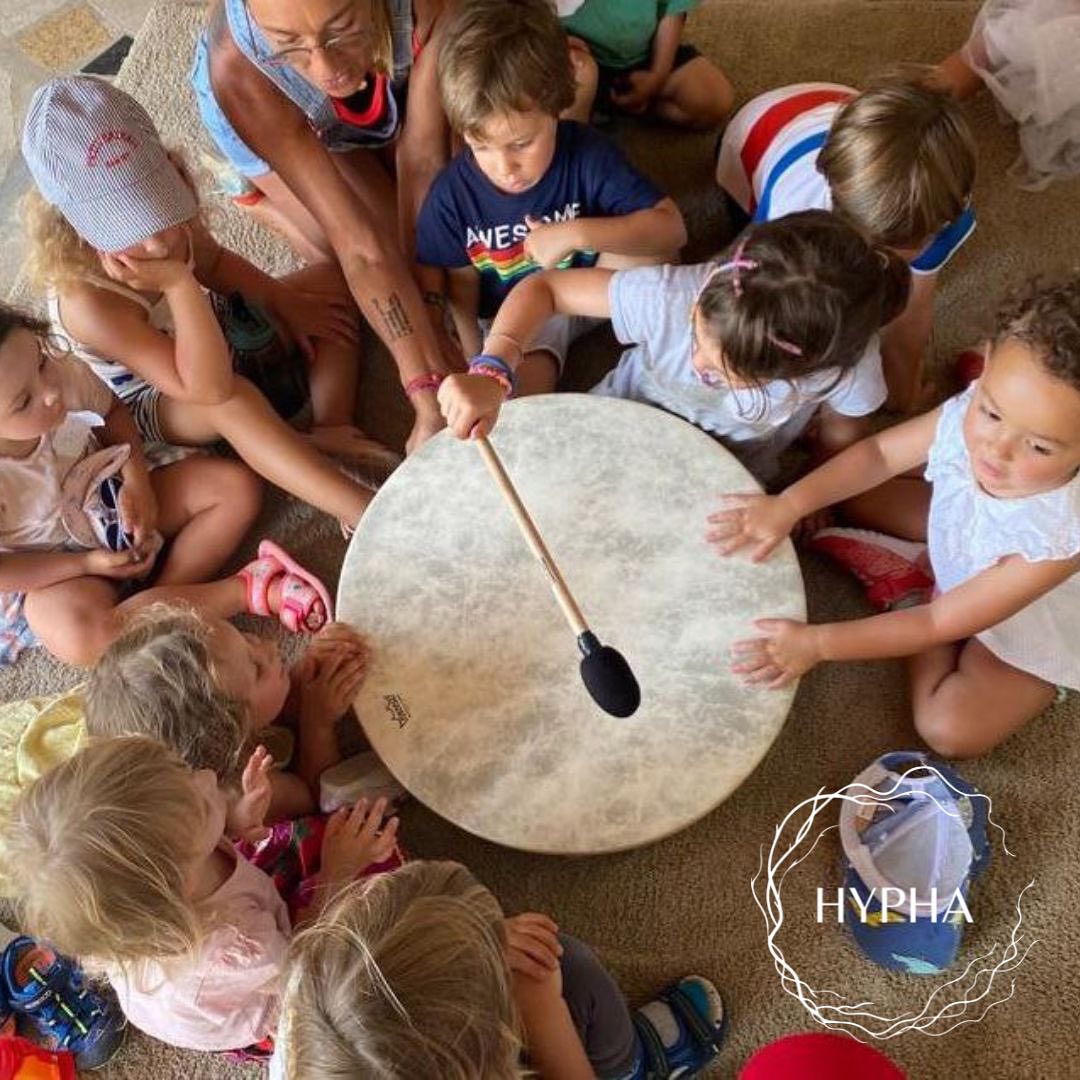The Montessori method, founded by Maria Montessori in the early 20th century, is a child-centric educational approach that is structured around the core belief that children learn best when engaged in purposeful activity. It’s designed to support the holistic development of children by fostering a love for learning, encouraging independence, and promoting self-directed activities. Here are some advantages of the Montessori method for preschoolers’ education, as supported by various academic findings and expert opinions:
- Improved Academic Achievement:
- Social Understanding and Mastery Orientation:
- The same study that discussed academic achievement also found that Montessori children demonstrated better social understanding and a stronger mastery orientation1.
- Development of Executive Function:
- Montessori students scored higher on measures of executive function at the age of 4, indicating better cognitive control and management of thoughts and actions1.
- Enhanced Cognitive and Motor Development:
- Montessori emphasized the interconnectedness of cognitive and motor development, a notion later supported by scientific findings. This whole-body approach, integrating movement and cognition, is believed to contribute to the academic edge Montessori-educated children have over those educated in traditional classrooms3.
- Individualized Learning and Inclusive Environment:
- The Montessori method values each child as a unique individual, accommodating all learning styles, and allowing children to learn at their own pace under the guidance of a teacher4.
- School Readiness:
- It’s argued that structured preschool programs like Montessori can significantly impact school readiness and the cognitive development of disadvantaged children, thus creating a strong foundation for future academic success5.
- Hands-On, Experiential Learning:
- Montessori education emphasizes hands-on, experiential learning which promotes practical life skills and sensory engagement, enhancing the child’s understanding and retention of academic concepts.
- Promotion of Independence and Self-Directed Learning:
- Children in Montessori classrooms engage in self-directed learning, fostering independence, self-discipline, and a love for learning.
- Preparation for Future Learning:
- The method prepares children for future learning by grounding them in concrete experiences before moving to abstract concepts.
- Control of Error:
- Montessori materials often have a built-in ‘control of error’ which allows children to correct their mistakes independently, promoting self-correction and personal responsibility.
The Montessori method’s effectiveness has been evaluated, although such evaluations are scarce and come with certain methodological limitations. Most of the evaluations have been conducted in the USA, with some assessing children’s outcomes both during and after Montessori education. The methodological challenges include the lack of longitudinal studies, randomized control trials, and issues related to the accurate identification and assessment of Montessori education’s specific effective elements6.
The Montessori method, with its unique approach to early childhood education, has the potential to significantly impact the developmental and academic trajectories of preschoolers, fostering a lifelong love for learning and preparing them for a successful future.

